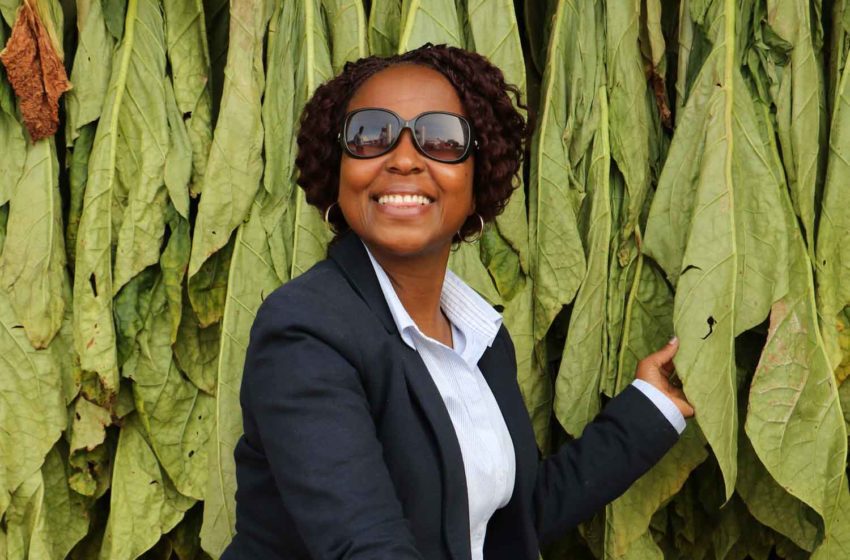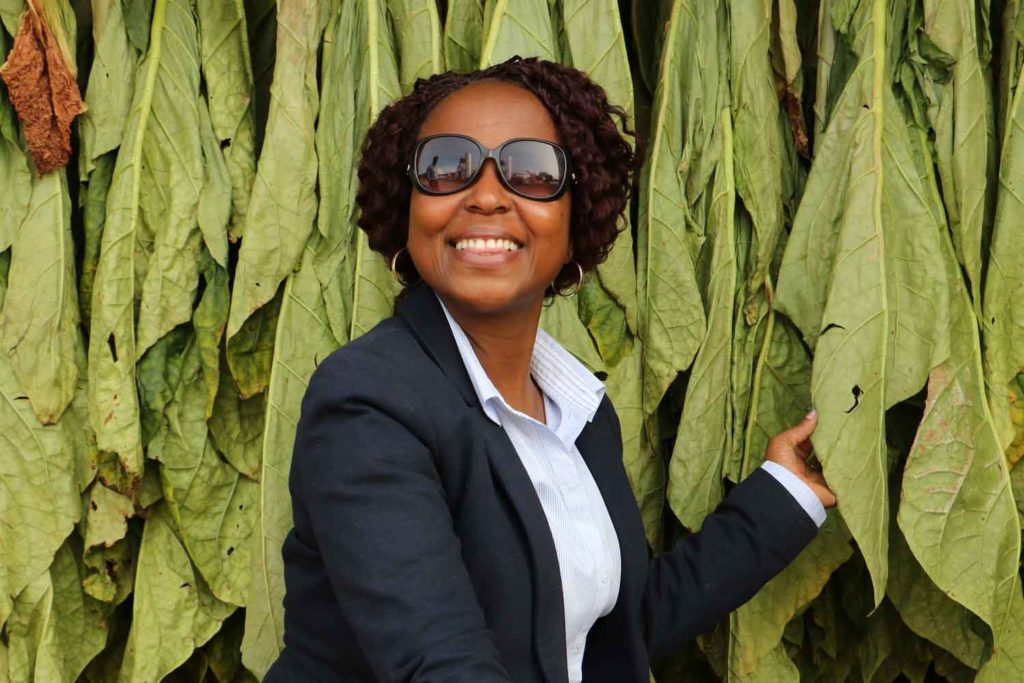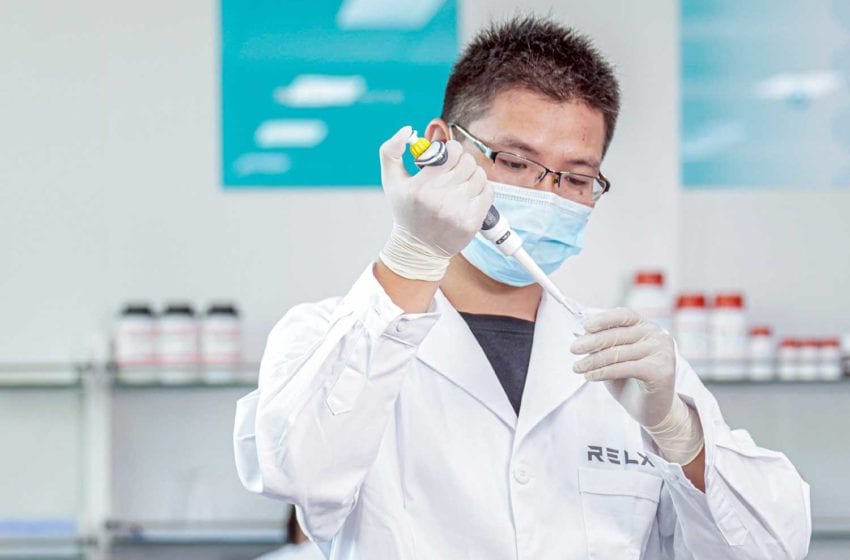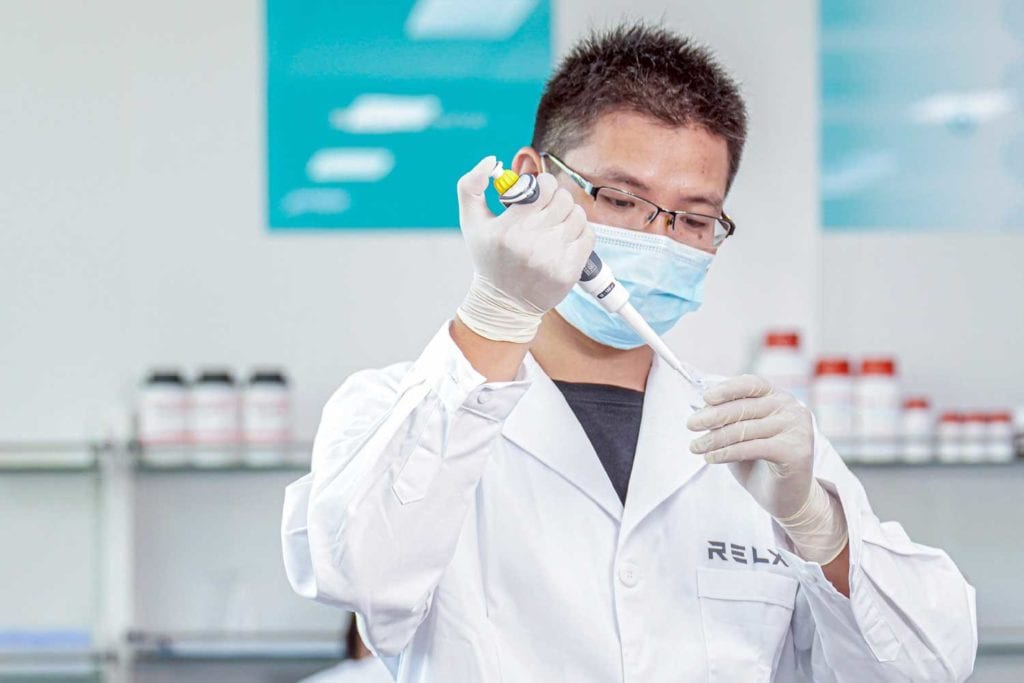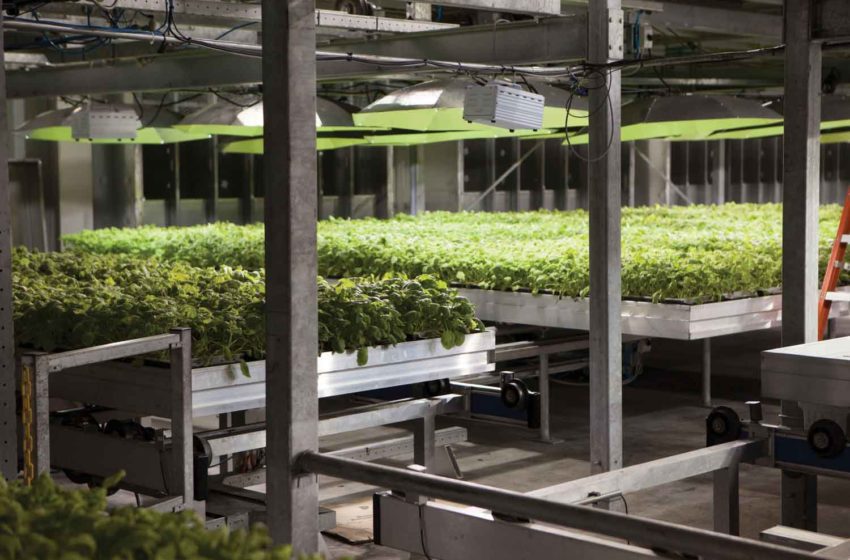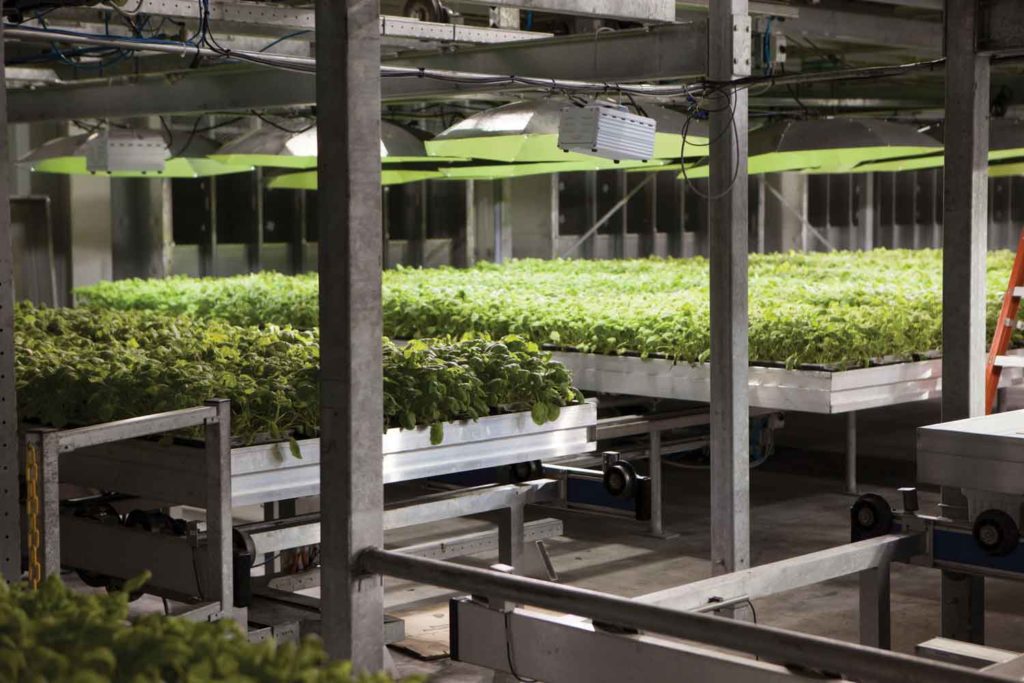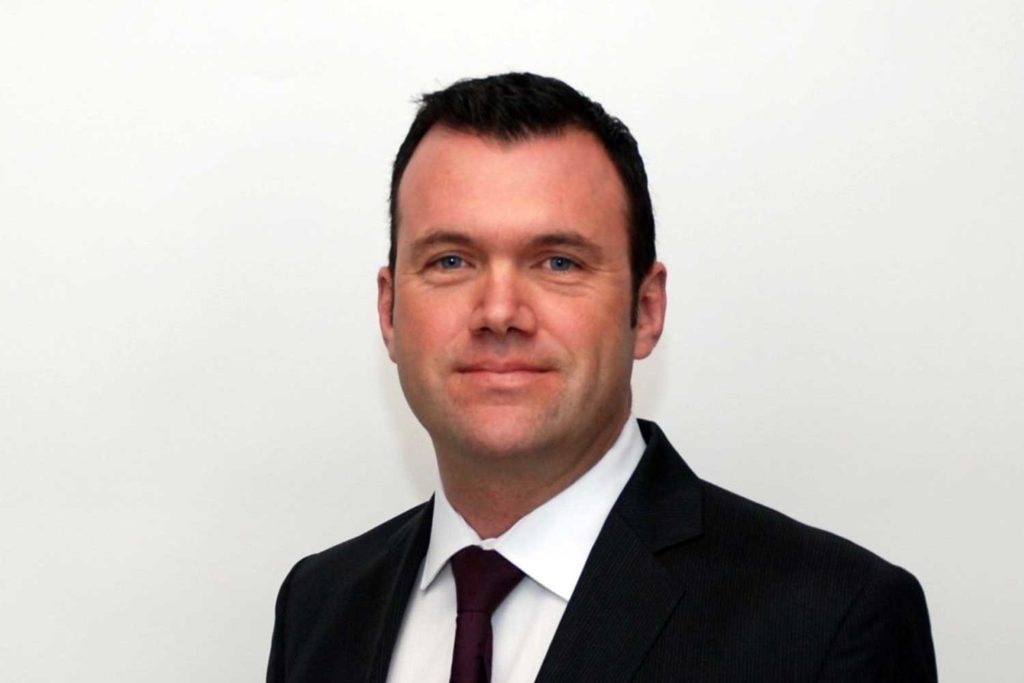
Broughton is establishing a U.S. subsidiary to enhance its presence in the region. Leading the U.S. team will be Tony Jones, who joins Broughton as managing consultant. Jones has extensive experience in toxicology and risk assessment.
“I am delighted to be spearheading this exciting next stage of the development of Broughton in the U.S. market,” said Jones. “I’m looking forward to introducing the full lifecycle development services offered by the Broughton team to U.S. clients across pharmaceuticals, nicotine and cannabinoids to help the company support their clients to accelerate innovation to market and improve health outcomes.”
Along with the appointment of Jones, Broughton has strengthened its consultancy team with several new members.
Libby Clarke and Carol Beevers have joined the company’s toxicology team. Clarke is a European registered toxicologist and has substantial experience devising toxicology testing strategies and compiling submissions to regulatory bodies, such as the U.S. Food and Drug Administration and Health Canada. Beevers is a genetic toxicology specialist and has contributed to more than 20 papers in peer-reviewed journals. She is a member of the U.K. Committee on Mutagenicity and several international working groups on genotoxicity testing.
In recognition of the growing importance of behavioral science in regulatory submissions, Broughton has also strengthened its in-house team with the appointment of Oliver Knight-West. Knight-West has conducted multiple behavioral and clinical studies into next-generation nicotine products and pharmaceuticals for dossier submission to the FDA, the U.K. Medicines and Healthcare products Regulatory Agency, and the European Medicines Agency.
He has published many scientific papers in several highly cited publications.
To complement the appointment of Paul Hardman in 2021, Malcolm Saxton has joined the chemistry consultancy team. Saxton will help ensure that Broughton remains at the forefront of the industry in terms of novel method development aligned with evolving market and regulatory needs.
“Since 2006, our focus has always been to help our clients succeed,” said Broughton CEO Chris Allen. “With a passion for enhancing societal health and well-being, the establishment of a North American subsidiary is a natural next step to enable us to better partner with our customers in the region.”



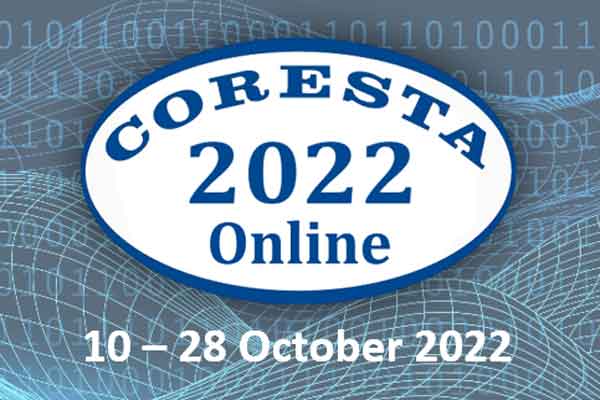
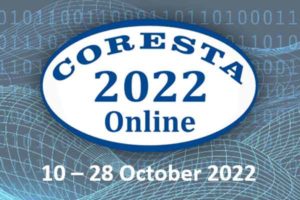 The 2022 Coresta Congress will take place online Oct. 10–28.
The 2022 Coresta Congress will take place online Oct. 10–28.




